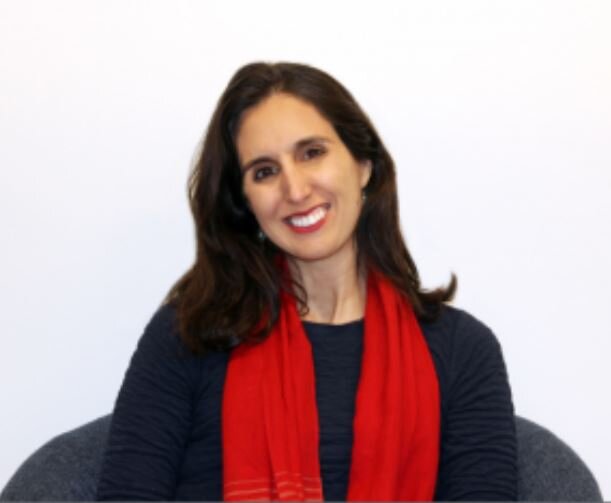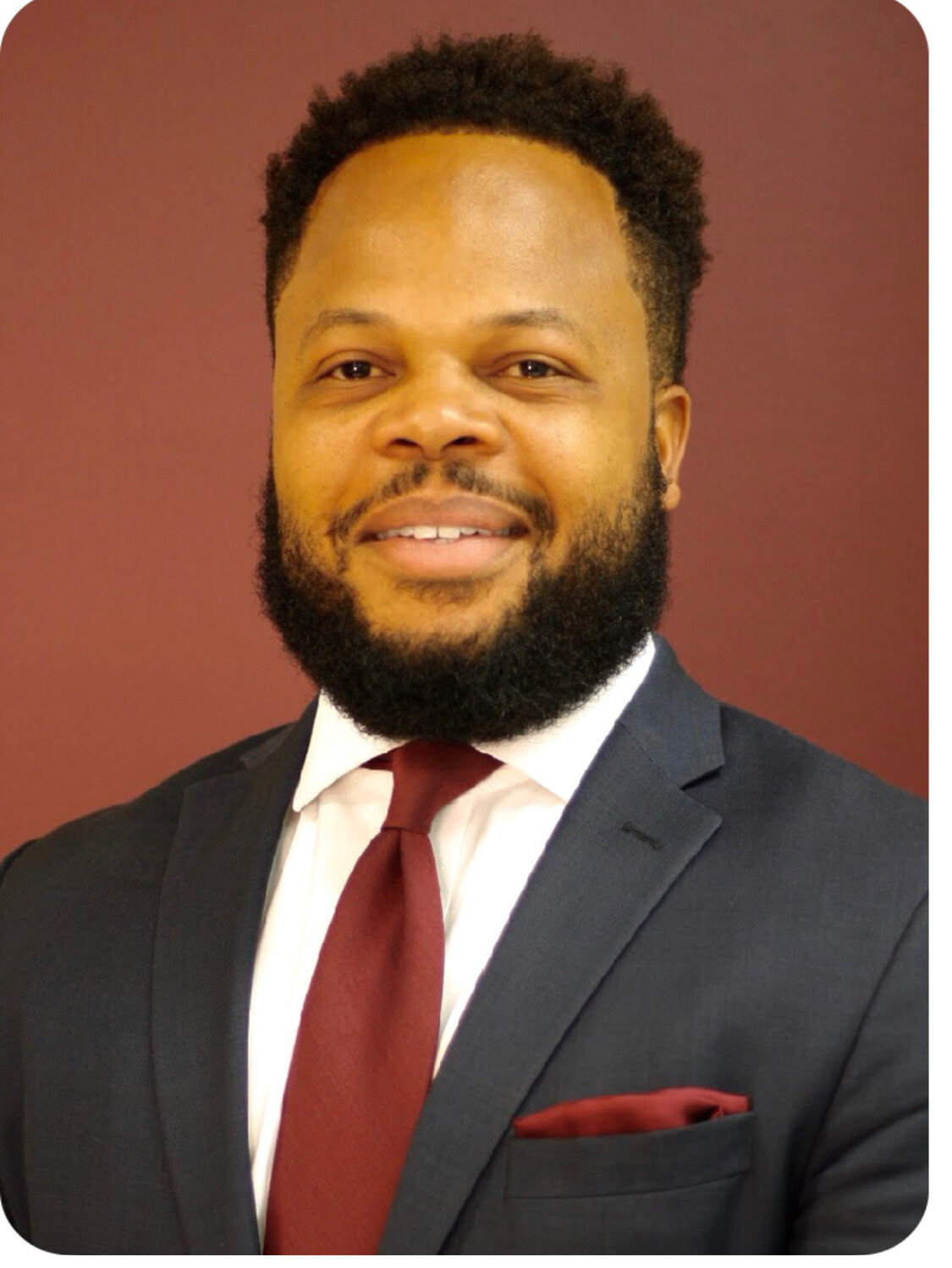These past several months, while exceptionally challenging at times, have also been inspiring. We’ve seen our community come together to care for our neighbors in need, springing into action to support those most adversely affected by the pandemic.
Through our COVID-19 Emergency Response Fund, were able to invest $7 million to support low-wage workers who have been laid off, expand access to medical care, provide shelter and services to people experiencing homelessness, increase food access, and so much more. This would not be possible without our compassionate donors – a diverse group of individuals and businesses who helped us mobilize $8 million for coordinated relief and recovery efforts. Thank you for standing with us to make a difference.
You can read about our impact here – and, below, learn more about how our nonprofit partners helped create this impact. Their stories of kindness and courage are truly inspiring.
The Young Women’s Project
YWP Youth Leaders advocate for educational change
The Young Women’s Project (YWP) helps build the leadership and power of young people, engaging youth as peer educators, advocates, and employees. YWP’s work engages under-resourced youth of color, ages 14-21; most are women and 20% are LGBTQ, in care, dealing with unstable housing
When the COVID-19 crisis hit, they expanded their educational advocacy work to focus on the immediate mental health needs of their youth. As a COVID-19 Emergency Response Fund Partner, they utilized 35 youth leaders from all 24 public schools in the District of Columbia to advocate for in-school job programs and school-based mental health programs. And, developed a set of recommendations to strengthen school-based mental health programming.
In total, youth leaders presented 27 testimonies to Committees on Health and Education! Their advocacy efforts helped make a drastic difference for their peers:
$4.1 million was awarded to expand school-based mental health services
$4.1 million was re-investing in students’ social and emotional learning
Reversed the $9.5 million cut to the Behavioral Health Rehabilitation Program at the Department of Behavioral Health and add $300,000 for community-based mental health responses
Latino student fund
“Since receiving this grant, decisions regarding school closures for Fall 2020 were announced for public schools in the DC metro area. After a summer of planning for hybrid programs, families are now struggling to find support for a year of virtual learning.”
Latino Student Fund students and tutors on a virtual session.
Now more than ever, the Latino Student Fund’s year-round academic programs are essential in our community. This regional nonprofit offers 8 different tutoring and college preparation programs to underserved Pre-K-12th grade students—all of which they were able to continue throughout the pandemic.
As a COVID-19 Response fund partner, Latino Student Fund quickly shifted from in-person to virtual tutoring, serving over 400 students within three months. They have seen an increased attendance rate from 60% to 80% since starting their virtual programs. LSF recruited additional tutors to provide one-on-one support in multiple subjects, helping students adjust to virtual learning in last spring.
By providing academic support and safe employment, families have had an increased sense of security for their child’s future and students were set on a path to remain in step with their peers when they returned to their virtual classrooms in the fall
free minds book club and writing workshop
Books for Free Minds inmates.
We know that knowledge is power—but can we harness it for the disempowered? Free Minds Book Club & Writing Workshop has certainly shown us how. Free Minds uses books and creative writing to empower young inmates, offering a remote reading and writing program, virtual workshops, a weekly Letter Writing circle, and their “Write Night” events.
Throughout the pandemic, Free Minds, a COVID-19 Response Fund partner, supported hundreds justice-involved youth housed within DC’s incarceration facilities, and children enrolled in programs with their community partners. For example, their “Write Nights,” a monthly poetry feedback program, connected youth with community members who provided feedback on their writing. Write Nights have seen a 250% increase from their pre-COVID numbers, now serving up to 350 people each virtual session.
“Free Minds did a remarkable job of making the virtual Write Nights [an impactful] experience of youth poetry. The presentations have been focused, direct, and incredibly moving. Watching made clear the extent of the community that Free Minds has forged.” -Write Nights volunteer
Free Minds notes that they will keep striving to fulfill their purpose of “filling the large educational gap created by the act of incarcerating young people.” The longer the pandemic persists, the more determined they are to stay connected.
the alliance of concerned men
During their grant period, the Alliance of Concerned Men (ACM,) a COVID-19 Response Fund partner, served at-risk youth, many of whom were under court supervision from the DC Department of Youth Rehabilitation Services. This DC-based nonprofit offers services for youth crime and violence intervention, including social services, cultural enrichment, and recreational activities.
In response to the pandemic, they launched the Cyber Transformational Mentoring program, partnering with other local nonprofits including Inner City Collaborative Community Development Corporation, Life Deeds, Sasha Bruce Youthwork Inc, and many others. The program brought youth and community members together virtually on multiple platforms: Zoom, social media, email and phone calls. They also helped build community and facilitate better communication through a large-scale social media campaign to engage their 6-week annual Summer Youth Employment Program
A leader from the program said the following:
“We gave one youth the opportunity to tell his story. This youth was involved in over 40 robberies before his 14th birthday - and has since transformed his life.” -ACM leader




































